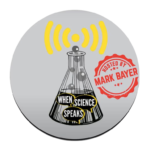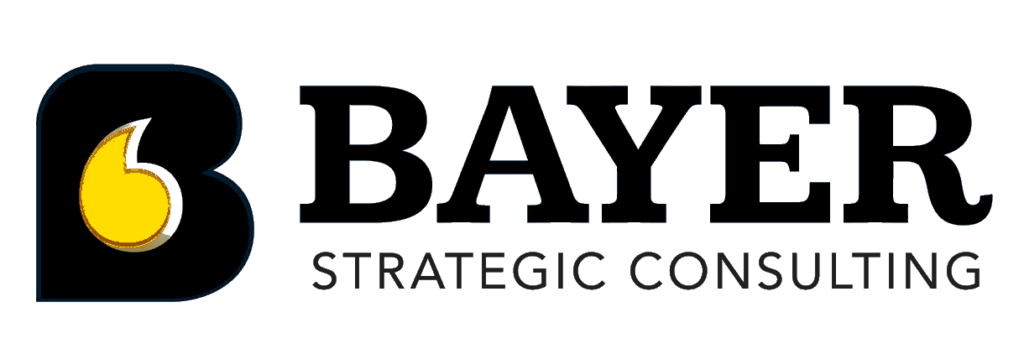Communicating Science the Right Way with Dr. Alison F. Davis – Ep #67
Alison is the President of Word Science LLC, a firm she founded almost 11 years ago to deliver concise and engaging science writing and editing, speech writing for science and medical clients, as well as related materials for a variety of audiences including lay audiences. She is the author of Always There: The Remarkable Life of Ruth L. Kirschstein. Before starting her own firm Allison served as a science writer for the National Institutes of Health and NASA’s Ames Research Center.
Alison earned her Ph.D. in Pharmacology from Georgetown University School of Medicine. She did her postdoc at Stanford University School of Medicine in Developmental Biology and studied at the University of California Santa Cruz’s science communication program. Allison earned her Bachelor’s in Biochemistry magna cum laude from Virginia Polytechnic Institute and State University.
What You’ll Hear On This Episode of When Science Speaks
[1:00] Mark introduces his guest, Dr. Alison Davis
[2:29] Dr. Davis shares what attracted her to science and what led her to science communication in UC Santa Cruz
[6:27] What challenges did Dr. Davis face as she was transitioning her career into the science communication space?
[11:33] Dr. Davis gives her perspective on ghostwriting in the science field and why it’s important to be confident in what you do when establishing your career
[14:23] Dr. Davis talks about how her training in science has helped her in her writing career
[16:45] Dr. Davis discusses how science communication has evolved since the time she started working in the field
[20:00] Career advice from Dr. Davis on how to best transition into the science writing and communication space
[26:41] The importance of choosing your audience, honesty, and organized thinking when you’re working on a writing piece particularly in the field of science
[35:18] The role of good science communication in combating the denial and denigration of science
Connect with Alison Davis
Always There: The Remarkable Life of Ruth Lillian Kirschstein, MD
Science Communication As a Career
Although many scientists consider science communication as an alternative career path, it does not necessarily involve the conduction of experiments or thorough studies. According to Dr. Davis, science communication is mostly ghostwriting since you will mostly be positing ideas and studies by others. What matters, she says, is that you stay true to the study and maintain honesty with your audience because this helps build your confidence in your skills and in your capacity to communicate the message that you want to impart.
Critical thinking, honesty, and a good dash of humor are helpful in a career that some might consider as unforgiving. It is one of the ways through which the sciences can be defended against the denigration and denial that it’s facing in a world where people are questioning its credibility and reliability on a daily basis. Determining your audience, zeroing in on your medium, and writing a piece that resonates with people are crucial aspects of the job.
Connecting Before Communicating
In today’s society where some research institutions have become weak and dependent on outside funding, some research findings have a tendency of being exaggerated thus making them sound like alternative facts instead of literature and research-based evidence. The failure to connect with the audience and to share findings with them at a level that they can understand and appreciate is a challenge to scientists and therefore, a challenge to those who are working in the field of science communication.
According to Dr. Davis, scientific research is beneficial to everyone which means that effective communication is an absolute must. The need to connect every piece written with the audience it was written for is non-negotiable; the challenge is how to do it in a way that is engaging and compelling.
In this episode of When Science Speaks, Dr. Davis shares how her career has grown through the years and the challenges that she figures to be constants in the field of science communication. She imparts wisdom and advice on how to write science pieces, how to connect with the audience, and also emphasizes why this field is an important contributor to the world of science as a whole.
Connect With Mark and When Science Speaks
On Twitter: https://twitter.com/BayerStrategic
On Facebook: https://www.facebook.com/Bayer-Strategic-Consulting-206102993131329
On YouTube: http://bit.ly/BSConTV
On LinkedIn: https://www.linkedin.com/in/markdanielbayer/
On Instagram: https://www.instagram.com/bayerstrategic/
On Medium: https://medium.com/@markbayer17
Subscribe to When Science Speaks on Apple Podcasts or Stitcher

